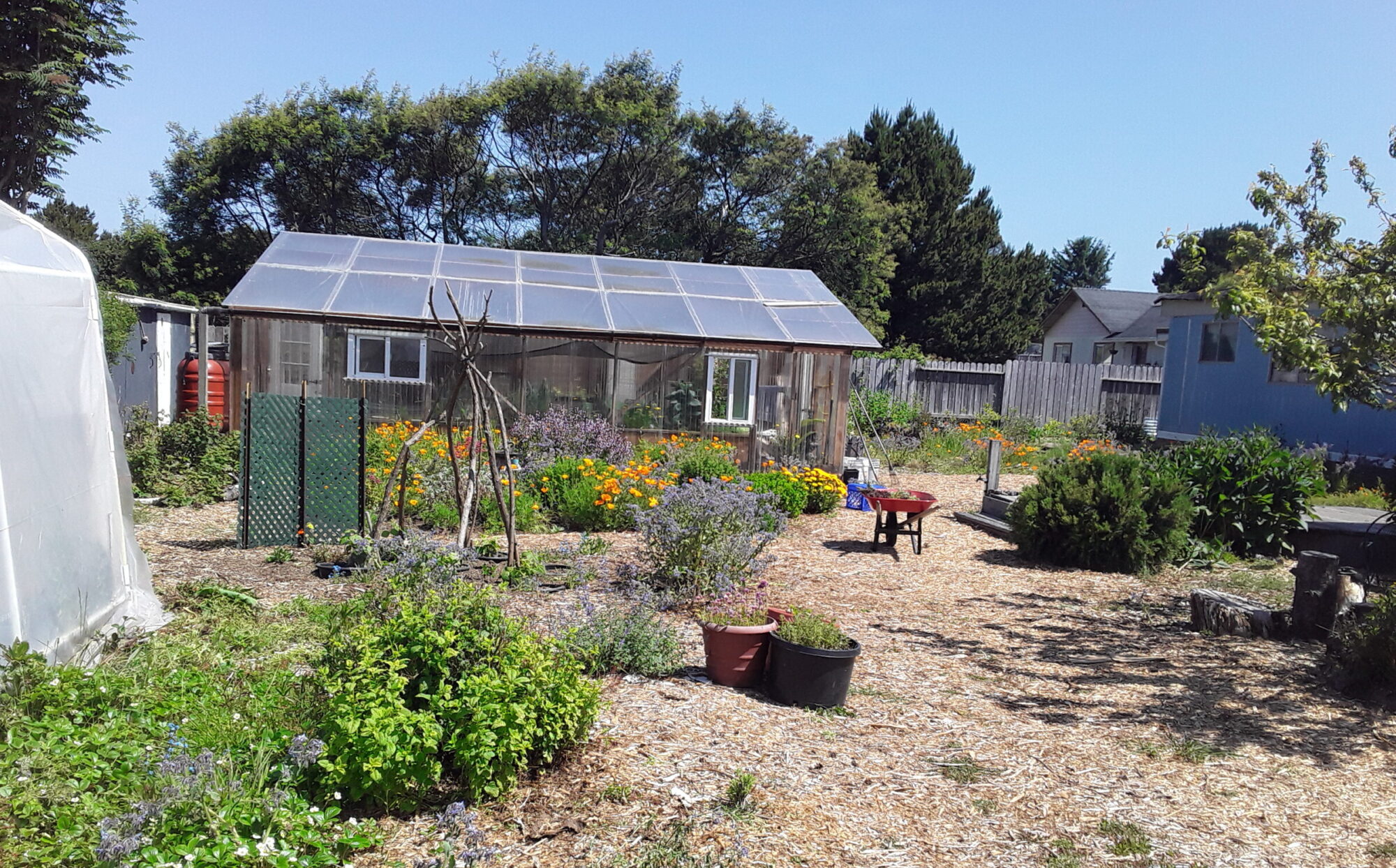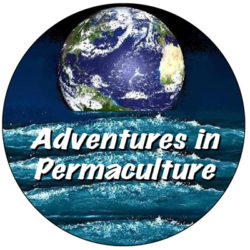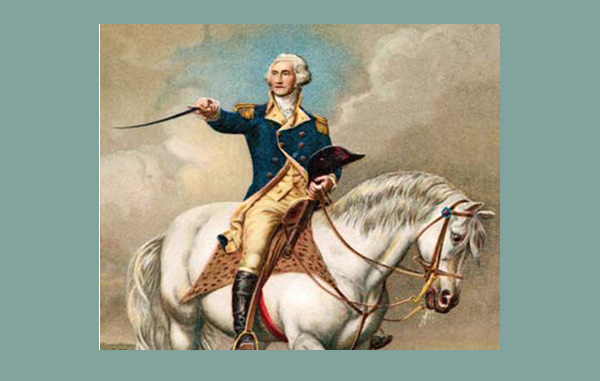There’s a lot of talk about elections these days and the talk will continue until Nov. 8. From my observations, that’s what elections are – talk. I’d say voting is a convenient way for people to feel like they did something without actually taking any action. You vote with the hope that the president or other politician will go out and solve the world’s problems for you.
My own opinion is that democracy is not what you do on Election Day, it’s what you’re busy doing the other 364 days of the year. Government isn’t going to bring us the change we hope for – we will have to be the change!
Democracy in the United States has failed for a number of reasons, but one fundamental flaw rarely talked about is scale. Big Government has become another large, centralized system right up there with the other Biggies – Big Business, Big Ag, Big Oil, Big Pharma, Big Box. These large, centralized systems created the problems we now face and certainly aren’t the ones we should look to for solutions.
The vision of democracy held by the country’s founders was based on a United States with fewer than 4 million people in 11 states. The first Congress, convened on April 1, 1789, featured a House of Representatives with 59 members. Based on population, Massachusetts had a whopping eight members. Delaware had one. There were only 21 Senators.
There were no political parties then and George Washington won the presidential election unanimously in the Electoral College (he received 43,782 votes in the six states that held popular elections).
In 1789, the United States had the kind of scale that would allow people to dream about democracy. George Washington was undeniably a household name, the most popular man in America. Members of the Senate and House were likewise known to their constituents. Ballots had names that most voters would recognize.
But the scale of things changed quickly. By the end of the Civil War, roughly a century later, the population had reached 38.6 million. The House had 243 members, each representing about 159,000 people. In 1911, Congress set its own limit at 435 seats – each member representing about 212,000 of the country’s 92 million people.
The U.S. population has tripled since then, but the 435-seat limit remains. Currently, every House member represents at least 710,000 people.
I can’t say in what year it happened, but scale killed democracy. We went from a country where voters were familiar with the names on their ballots to one where most of the candidates were absolute strangers. People could no longer cast votes based on firsthand knowledge of candidate character and qualifications. They would cast votes based on secondhand information: the endorsements of political parties or other centralized groups.
Large newspapers and other mass communications brought the rise of mass marketing. Things got so big you had to rely on mass media to make decisions. Mass marketing requires money, and in 1971, Congress began regulating how money could be raised and spent in the pursuit of selling candidates to the American public.
Once money became the dominating factor in elections, democracy died. Access to the ballot and elected officials became limited to those with the money. I witnessed this firsthand during my summer as a congressional intern in Washington, D.C. The word “constituent” took on a whole new meaning. The member of Congress for whom I worked regularly checked in with his constituents – the privileged few who donated faithfully to his campaign.
It didn’t matter how many letters he got from people back home in the district. Only correspondence that included a check really mattered in terms of policy decisions.
The kind of democracy guys like Thomas Jefferson and Alexander Hamilton argued about by candlelight in the 1770s is long gone because of scale. The only place it really works is where you can run a campaign without money. Small solutions.
In a place like Manitou Springs, Colorado, for example, you can experience democracy. This town, just west of Colorado Springs, has about 5,000 residents. The city council has seven members. In the recent 2015 election, about 1,750 people voted. Permaculturist Nicole Nicoletta won the mayor’s race with 878 votes. (Click here to listen to an interview with Nicole and her colleague, Councilwoman Becky Elder.)
Unfortunately, mass marketing lures our eyes away from the small places where we could really have impact to the large systems that manipulate us and keep us spectators. I submit that the reason many Americans don’t vote is not apathy, but the growing sense that it won’t make a difference.
Democracy is dead as long as we keep talking about big elections and stop making the difference we seek right in our own homes and neighborhoods.




Hey Steve! There’s another way too – a democratic revolution like the one going on in Brazil, where city budgets are being decided by the people… https://decorrespondent.nl/3983/In-meer-dan-1500-steden-vindt-nu-een-democratische-revolutie-plaats/303353676164-3d211e27/ << turn on Google translate.